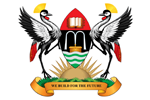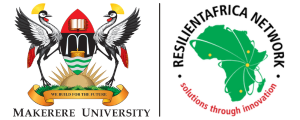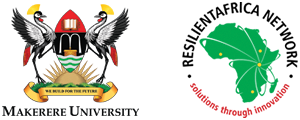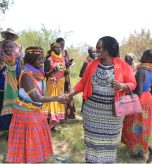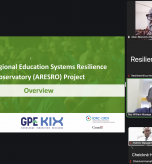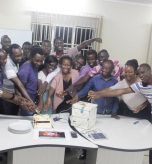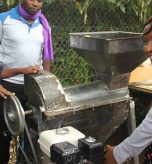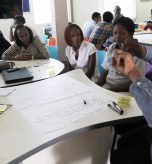Background
For decades, billions of US dollars in aid have been injected into developing countries by different development actors to address critical humanitarian and development needs. Although many lives have been saved and a certain level of development registered, progression from low-income to middle- and higher-income status has been painfully slow. Self-reliance was viewed as one of the most important factors required for the transformation of communities in developing countries.
While developing countries often have vast amounts of resources available to them, their communities and leaders often lack the skills, knowledge, or experience to take charge of their own transformation by effectively harnessing these resources. This project was therefore designed to build self-reliance to improve youth livelihoods, climate-related resilience, and basic education.
RAN built community self-reliance using a five (5) step community innovation co-creation process that brought together representatives of target communities in Uganda (Eastern Africa) and Malawi (Southern Africa) to co-design local strategies to leverage self-reliance in transforming geographical zones that experience persistent challenges in three main development areas: 1)Transforming youth livelihoods through sustainable entrepreneurial practices; 2) Building permanent resilience to climate-related livelihoods and adversity in communities where adverse climate events recur; 3) Improving the quality of basic education in rural schools within low-income communities.
Meet The Change Makers
Impact
Provide some content about the key result areas and success metrics or target outcomes that were defined for this project and demonstrate the impact or success achieved in the most applicable format, depending on the nature of the project.
Project Reports & Publications
Partners

